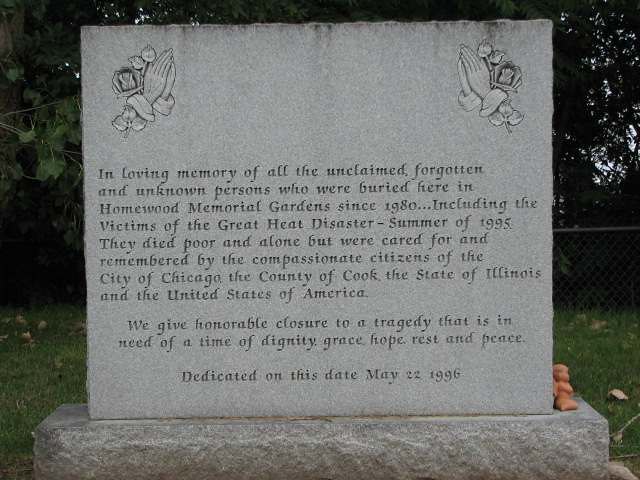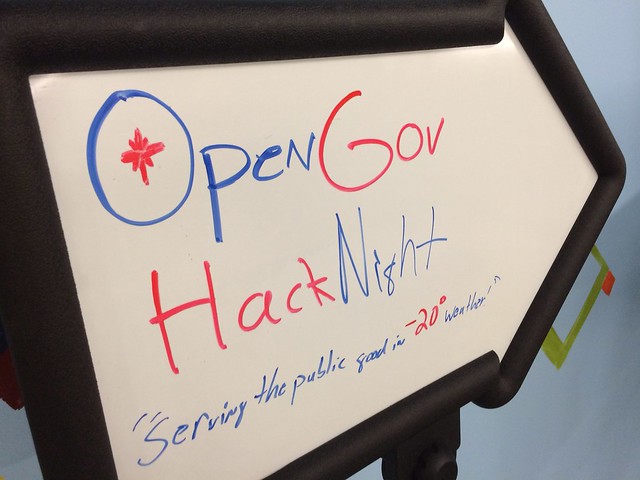On October 27, Cook County Chief Medical Examiner was on WBEZ’s Afternoon Shift talking about their burial data.
The data set lists the final disposition sites of the indigents buried by the Cook County Medical Examiner’s Office. Currently, there are two places where this happens. Homewood Memorial Gardens Cemetery (which provides Latitude and Longitude coordinates for burials) and Mount Olivet (which provides Grave, Lot, and Block locations.)

The data set provides the name, age, sex, race, date of death, and case number for each person buried by Cook County.
Our consultant, Josh Kalov worked with the Cook County Medical Examiner’s office to help set up the tables for the data set. He then educated the Medical Examiner’s office on how to upload data to the portal and made the first initial upload.
You can listen to the WBEZ story here.



